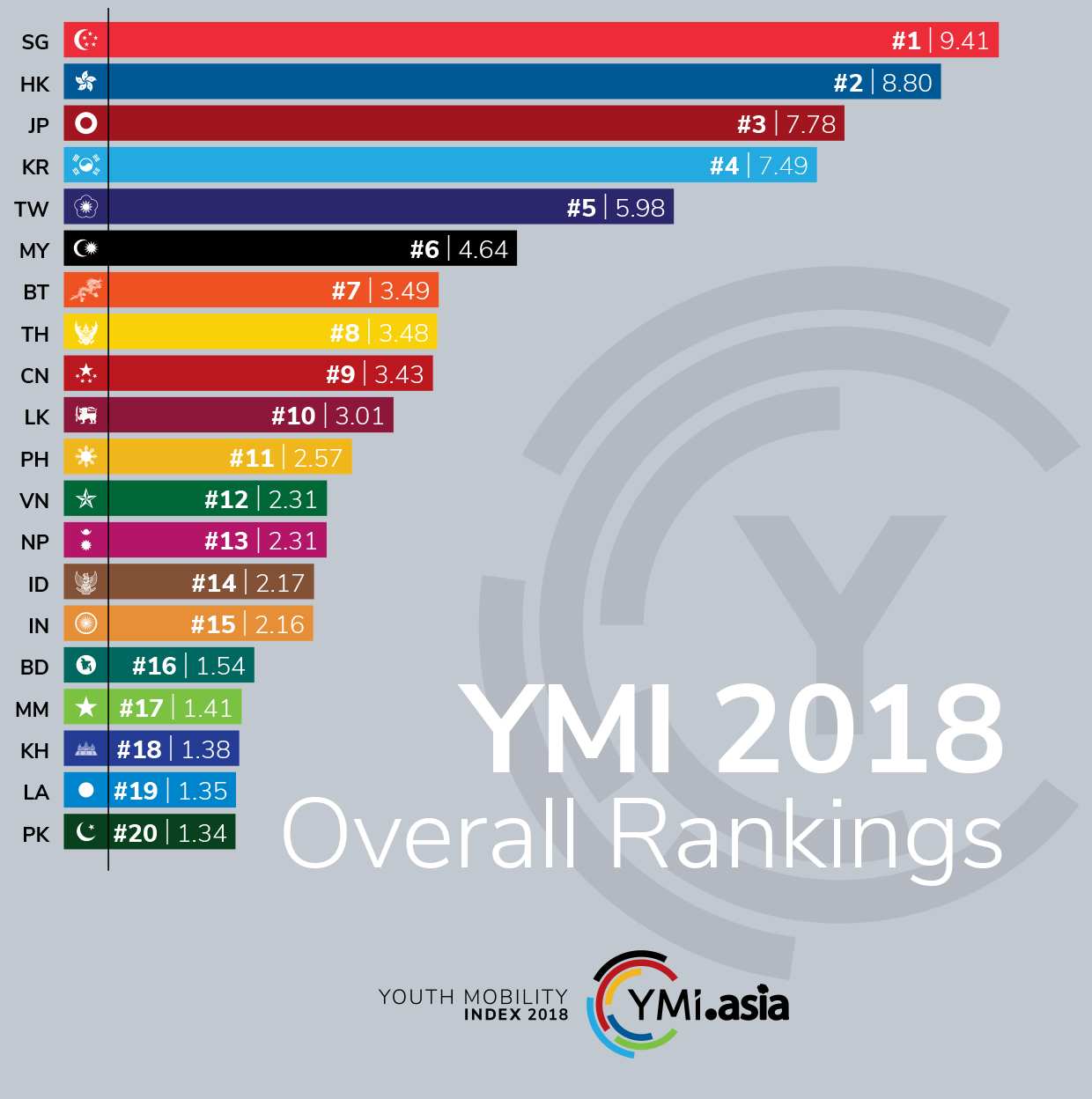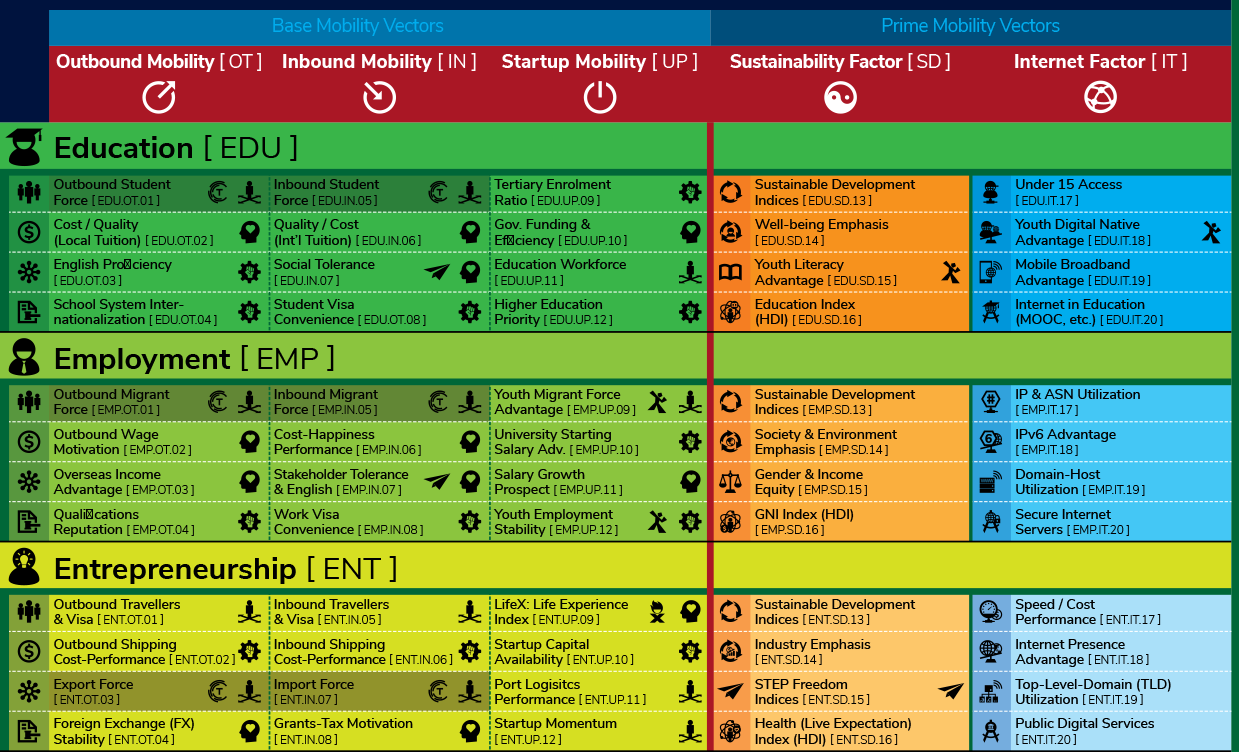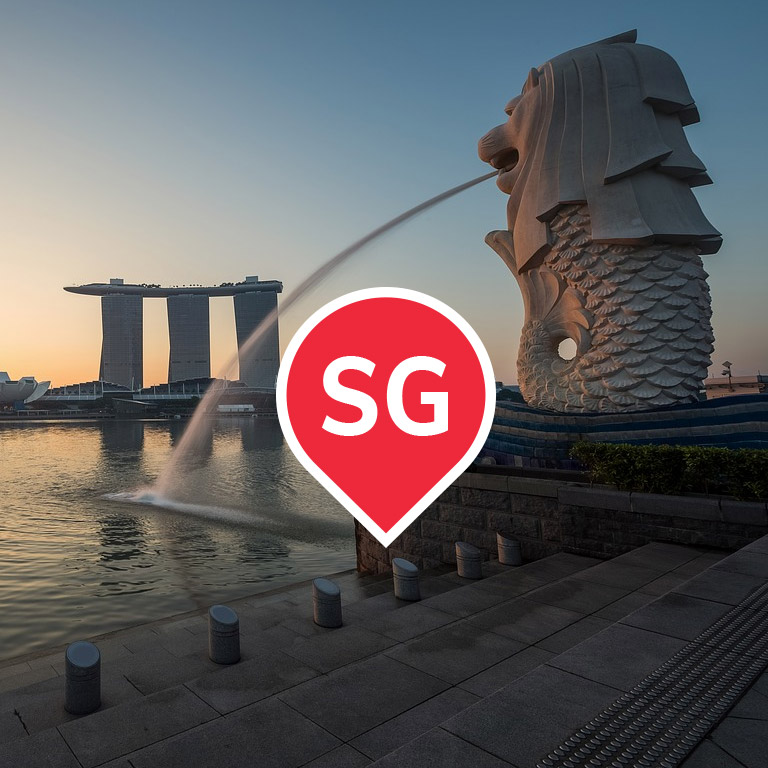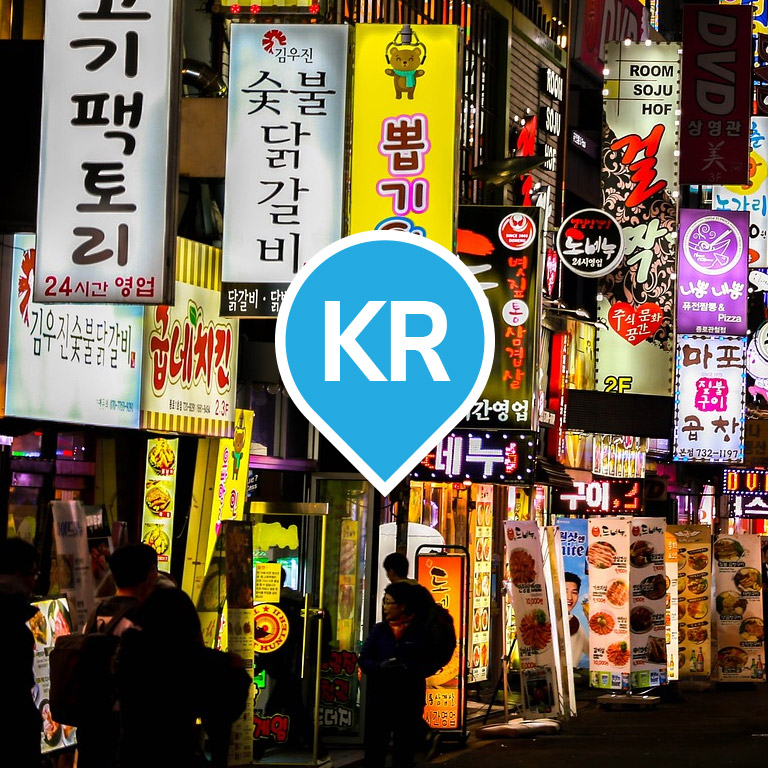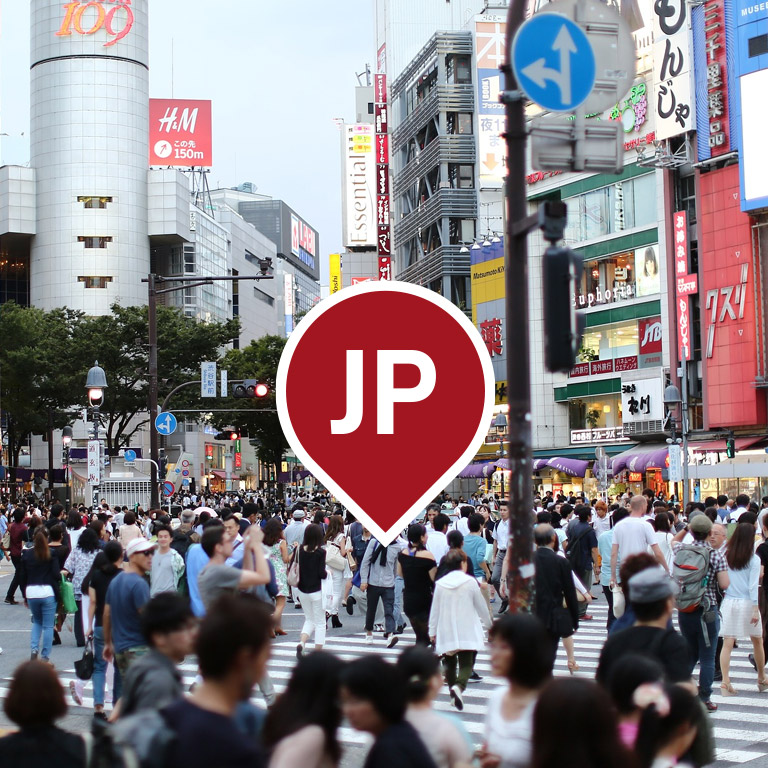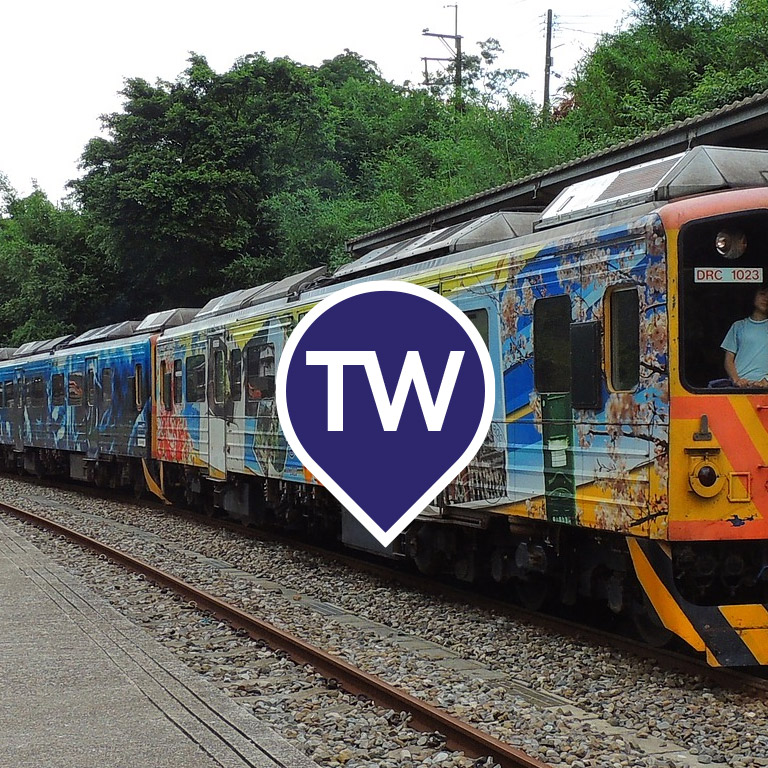YMI 2018 Report

| YMI 2018 Reports | |
|---|---|
| PDF HTML | YMI 2018 REPORT |
| ALL LOCALES | |
| PDF HTML | BANGLADESH |
| PDF HTML | BHUTAN |
| PDF HTML | CHINA |
| PDF HTML | HONG KONG |
| PDF HTML | INDONESIA |
| PDF HTML | INDIA |
| PDF HTML | JAPAN |
| PDF HTML | CAMBODIA |
| PDF HTML | KOREA |
| PDF HTML | LAOS |
| PDF HTML | SRI LANKA |
| PDF HTML | MYANMAR |
| PDF HTML | MALAYSIA |
| PDF HTML | NEPAL |
| PDF HTML | PHILIPPINES |
| PDF HTML | PAKISTAN |
| PDF HTML | SINGAPORE |
| PDF HTML | THAILAND |
| PDF HTML | TAIWAN |
| PDF HTML | VIETNAM |
Get out of Taiwan
Taiwan is a nice place. This is the regular comment from almost everyone who travelled to Taiwan. However, for those young Taiwanese looking for jobs they want, they might not give the same comment. In Taiwan, though the overall employment rate remains...
Hong Kong, a paradise for startup entrepreneurs
If you are asked what makes an ideal environment for startups, you would probably say money, people and support. Hong Kong exactly got everything an entrepreneur would need to start up a business. Additionally, the locality enjoys its proximity to mainland China which brings more benefits to the entrepreneurs in Hong Kong.
The Youth Mobility Index (YMI)
Work on the Youth Mobility Index (YMI.Asia) began with one premise: to better support young Asians who are setting out to change the world. This year, the DotAsia Organisation is celebrating our 10 year anniversary of launching the .Asia global Top-Level-Domain. To commemorate the first decade of .Asia, and building on our dedication and knowledge in supporting youth engagement and development in the region, a special taskforce was commissioned to look into an initiative that could become a beacon for DotAsia into the future.
Technology, especially with the convergent and viral force of the Internet, has accelerated not only the speed of communications, but with it, the ferocity of outbound and inbound travel for work, study and leisure. What was seen as transient before, is now seen as a choice: people choose to move and remain mobile.
It is our hope that YMI.Asia can help young entrepreneurs make informed decisions as where they might go to kickstart their idea, or for students to consider where to go for university and where to aim for landing their first job. Increasingly, millennials are redefining value systems and breaking free. The youth are investing more into life experiences: travel, adventures, knowledge and starting social enterprises than amassment of property. Remaining mobile financially and geographically is replacing home ownership as a sign of success.
Driven by an Asia-wide vision, the YMI framework hopes to provide a robust set of tools to measure, understand and cultivate mobility relevant for the younger generation, and to further enhance regional collaboration, inform government policies and influence corporate behaviours to support mobility as a competitive advantage shared across Asia in a brain-sharing paradigm. At DotAsia, we believe the attractiveness of the .Asia domain is built on the attractiveness of the region for business and for social development and the mobility of young Asians to make a difference for Asia. The fruition of YMI ties back into the success of .Asia, reinforcing regional collaboration.
Next time you are thinking of starting something from Asia or for Asia, think of making it happen on a .Asia domain name!
Methodology
The methodology for YMI is laid out in a matrix of the 3 Core Sectors: Education Mobility; Employment Mobility; and, Entrepreneurship Mobility; across 5 Mobility Vectors: Outbound Mobility; Inbound Mobility; Startup Mobility; Sustainability Factor; and, Internet Factor. Each of the (3×5=) 15 Components are built on 4 Dimensions, with a total of 60 Indicator Compounds. 216 socio-economic indicators were used across 20 localities in Asia for the inaugural YMI 2018 rankings.
DotAsia created the Youth Mobility Index to empower young Asians setting out to change the world. We believe that a collaborative Asia means a peaceful and prosperous Asia. Mobility enhances understanding, encourages interchange and promotes tolerance across the diverse socio-cultural landscape of Asia, enabling a platform conducive to collaboration.
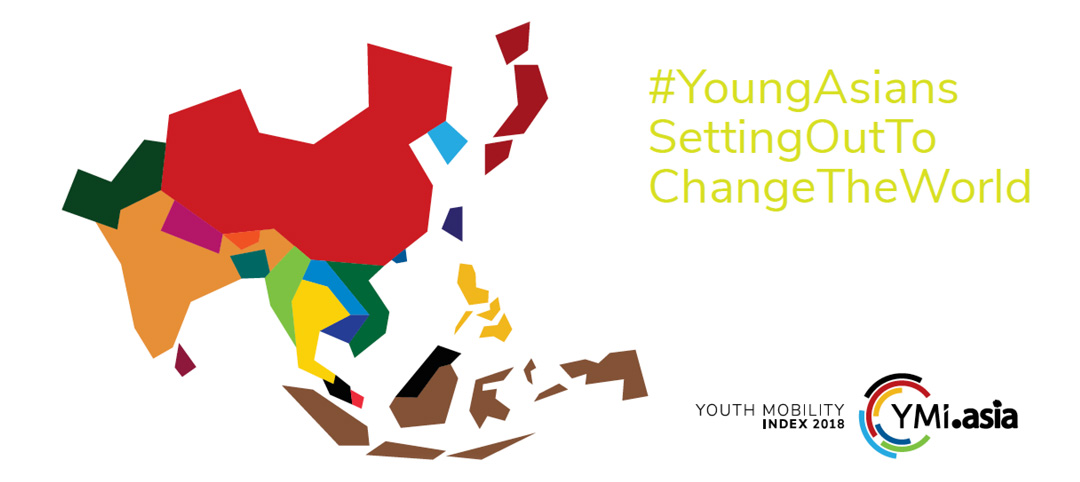
Youth Mobility Index Top 5:
The findings show that YMI scores correlate positively with GDP per capita, and other competitiveness and development indices, indicating a solid framework for the methodology and interesting points of study highlighted by discrepancies. The results of the YMI rankings reaffirm the commanding lead by the four Asian Tigers – Hong Kong, Singapore, Taiwan and Korea, along with Japan:
Singapore (#1)



